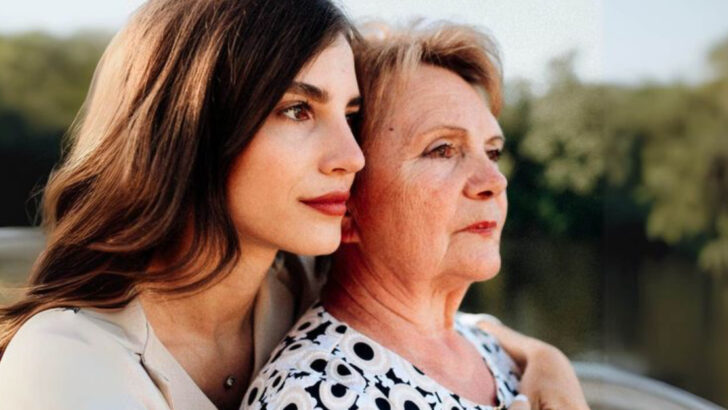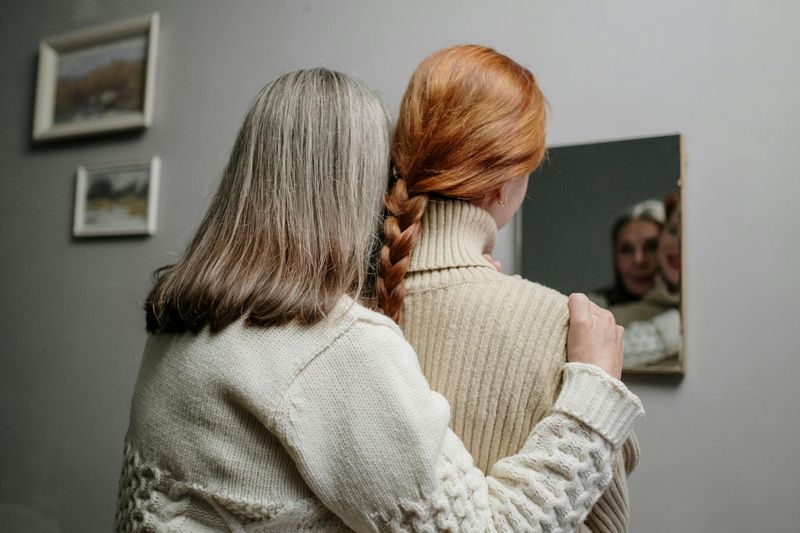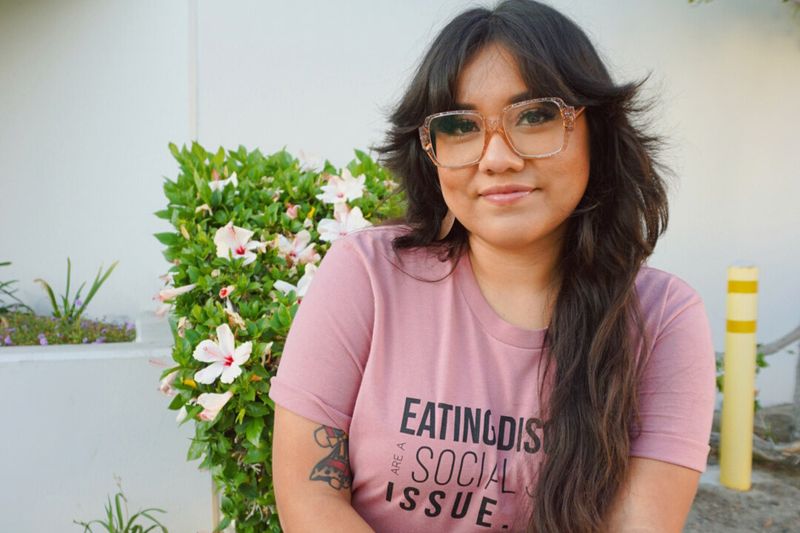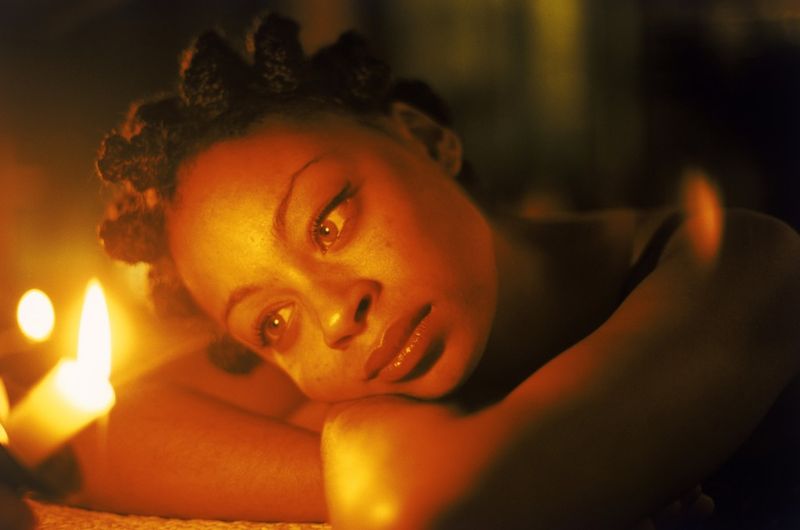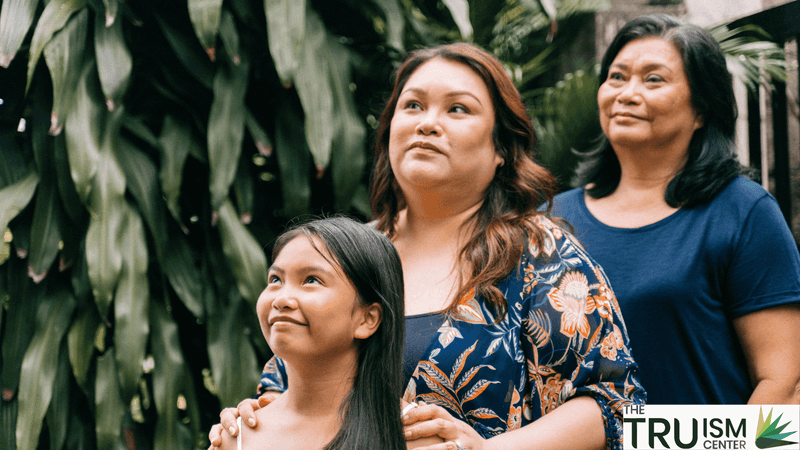Look, we love our Boomer parents. They gave us grit, tough skin, and the gift of doing chores without negotiating like trial lawyers. But emotional guidance? Vulnerability? Financial strategy beyond “get a job”? Yeah… not exactly passed down like heirloom recipes.
If you were raised by Boomers, there’s a good chance you had to learn some life-shaping truths the long way—by yourself. Not out of neglect, but because they were doing what they were taught: survive, suppress, and keep moving.
So here are 18 things you probably had to figure out on your own—and honestly? That makes you pretty incredible.
1. How to Regulate Your Emotions Without Shutting Them Down
You know the “stop crying before I give you something to cry about” routine, right? That was the Boomer classic. Emotional intelligence wasn’t on the menu—so you learned to name your own feelings, and maybe even felt weird about it at first.
Now, you can spot a shame spiral from a mile away. You’ve practiced deep breaths in the grocery store parking lot and ugly-cried in the shower without apologizing for it. Not because it was modeled, but because you realized bottling it up was making you miserable.
Finding your own way with emotions means you get to decide when to feel, when to pause, and when to let it all out. There’s power in that recognition. You had to teach yourself that vulnerability isn’t weakness—sometimes, it’s the bravest move you can make.
2. That Rest Isn’t Laziness
Sometimes, just putting your feet up felt like you were breaking a rule. Boomer households thrived on busyness, where “taking a break” meant falling asleep in front of the news after a double shift.
It took years (and maybe a little therapy) to realize that resting isn’t wasting time—it’s reclaiming it. You learned that productivity doesn’t measure your worth, and that exhaustion isn’t a badge of honor to be worn with pride.
Now, guilt-free naps and lazy Sundays are tiny acts of rebellion. You’ve earned every one. Funny how something as simple as rest can feel like a revolution when you grew up thinking you always had to go, go, go.
3. How to Apologize—and Actually Mean It
Raise your hand if you’ve ever heard, “I’m sorry you feel that way.” Same. The Boomer apology playbook was more about saving face than genuine repair. Humility was rare; accountability even rarer.
So, you had to fumble your way through what a real apology should sound like. Probably rehearsed in front of the mirror, Googled the right words, and learned the difference between a non-apology and actual remorse.
Now, you know that owning your mistakes creates trust. It’s awkward sometimes, but it heals way more than defensiveness ever could. Making amends isn’t a weakness—it’s one of the bravest things you can do for yourself and your relationships.
4. That You Don’t Have to Earn Love Through Productivity
Gold stars, honor roll, perfect attendance—those were the currencies of affection in Boomer households. If you weren’t “accomplishing,” it was easy to wonder if you were even seen.
At some point, you realized love shouldn’t come with a report card. Maybe it hit you in the lull between jobs or while watching a friend’s unconditional acceptance.
Now, you celebrate little joys without needing to prove you’re “enough.” You figured out that your presence matters more than your to-do list. That discovery? Life-changing. No more chasing love like it’s just another trophy to earn.
5. How to Talk About Mental Health Without Shame
“Don’t worry, just calm down.” That’s probably the most anyone talked about anxiety growing up. Therapy was for “crazy people,” and depression meant “get outside.”
So, you became your own advocate for mental health. You researched, journaled, maybe even whispered about therapy with a trusted friend before you said it out loud.
These days, you talk honestly about panic attacks and burnout, and you check in on your people. You’re rewriting the script—one open, honest conversation at a time. And you’re making it so much easier for the next generation to do the same.
6. What Healthy Boundaries Actually Look Like
Family boundaries in Boomer households? Let’s just say “privacy” was a foreign concept. Saying no or asking for space felt like starting World War III.
You had to figure out what healthy boundaries even looked like and that it’s okay to say, “This doesn’t work for me.” The guilt was real at first, but you kept going anyway.
Ahora, you understand that boundaries aren’t walls—they’re fences with gates. They protect your peace and help you show up with love, not resentment. Sometimes uncomfortable, but they’re a gift you give yourself.
7. How to Say “No” Without a 12-Point Explanation
Saying no felt like you were betraying the family code. In Boomer households, “no” was often met with side-eyes or comments about being ungrateful.
After enough burned-out yeses, you started practicing the art of a single, unapologetic “no.” Shockingly, the world didn’t end. People even respected you more for it.
Now, “no” is your superpower. You can say it without a lengthy explanation or a guilt trip. And every time you do, you reclaim another little piece of yourself. Turns out, peace of mind isn’t up for negotiation.
8. That It’s Okay to Feel Lost in Your 20s… and 30s
Boomers had houses and babies by 25, or so the story goes. But for most of us, the timeline looks a whole lot messier—roommates, career detours, identity crises.
You spent way too long thinking you were behind. Eventually, you realized almost everyone you know was quietly confused, too. There’s no rulebook anymore.
You stopped comparing your journey to anyone else’s. Now, feeling lost sometimes just means you’re exploring. There’s freedom in letting your path unfold at your own pace, no matter how long it takes.
9. How to Ask for Help Without Feeling Like a Failure
“Just figure it out” was the Boomer mantra. Showing vulnerability meant you didn’t have your act together, so you learned to tough it out—even when it wasn’t working.
Years later, you realized that asking for help is the opposite of failing. It’s actually strong. The first time you reached out, your hands probably shook, but you did it anyway.
Now, you know you’re not supposed to do it alone. Support is a two-way street, and letting people in makes life a hundred times lighter. You’re learning to trust that your needs matter too.
10. That Relationships Need More Than Just Loyalty to Last
Stick it out—that was the Boomer relationship motto. Emotional depth wasn’t always modeled, so a lot of us learned to stay even when things felt broken.
You figured out that real connection takes more than just loyalty or endurance. It requires honesty, repair, and sometimes, hard choices about leaving.
You’ve learned that it’s okay to want more than survival in love. You want respect, safety, and growth. And you’re not settling for anything less.
11. How to Manage Money Without a Panic Attack
Money talks growing up were usually just, “Don’t spend what you don’t have.” Credit, investing, and actual budgets? You had to Google that stuff yourself.
The first time you overdrafted, you panicked. But slowly, you learned to track every penny, read every fine print, and celebrate the little wins—like balancing your account or paying off a card.
Now, you have a system that actually makes sense to you. Managing money won’t ever be your favorite hobby, but at least it doesn’t make you sweat bullets anymore. That’s progress.
12. How to Unlearn Shame Around Bodies and Identity
It was a topic for hushed voices, if it was mentioned at all. Bodies were judged, not celebrated. Anything outside the “norm” felt off-limits.
You unlearned that silence, step by awkward step. Read books, scrolled forums, maybe even found a supportive community online where you could ask honest questions.
Now, you celebrate your body and identity in ways younger you couldn’t have imagined. You give yourself permission to be curious, to change, and to love what you see in the mirror. That’s self-respect, not rebellion.
13. That You’re Allowed to Outgrow Your Family’s Beliefs
Falling out of line with the family script felt like heresy. Disagreeing with the Boomer worldview—politics, religion, you name it—brought on lectures or silence.
You learned to question, research, and form your own opinions. The first time you spoke up, your voice probably trembled, but you did it anyway.
Now, you stand tall in your own beliefs. Your values are yours alone, not inherited by default. Growth sometimes means leaving old ideas behind, and that’s okay.
14. How to Actually Feel Safe in Your Own Skin
“You’re fine” was the Boomer version of comfort. But what about feeling safe, seen, and cherished—just as you are?
You had to become your own encourager. Gentle self-talk, reminders on your bathroom mirror, celebrating tiny victories in silence—it all added up.
Now, you feel at home with yourself. Being your own biggest supporter feels a little awkward at first, but it’s a whole new world. You don’t wait for someone else to make you feel safe; you own it every day.
15. That Grief Isn’t Just for Death—It’s for Dreams, People, Even Childhoods
Grief was reserved for funerals, not for lost dreams or old friendships. Talking about pain felt taboo—like you were being dramatic or ungrateful.
You learned that grieving can mean letting go of what never was. Sometimes, it’s about lost childhoods, missed chances, even the family you wished you had.
Giving yourself space to mourn, without judgment, is one of the kindest things you’ve done. It’s not about wallowing—it’s about honoring what you’ve been through and finally letting yourself heal.
16. How to Break Generational Cycles Without Breaking Your Heart
Setting boundaries or choosing therapy can feel like a betrayal—especially when you grew up believing “family is everything.”
You realized you could love your people and still want better for yourself. Healing generational wounds isn’t about blame; it’s about rewriting the script for you and whoever comes next.
Slowly, you’re learning that breaking cycles is hard, but not heartless. It’s an act of love—for them, for you, for the future.
17. That You Can Love Your Parents and Still Acknowledge the Harm
Love and accountability are not opposites. You can adore your parents and still name the ways their choices hurt you.
This realization is bittersweet. It means accepting that your family did their best, but also that you deserved more in some ways.
You learned to hold both truths. Now, you’re giving yourself permission to love deeply while also seeking healing. Healing isn’t about blame—it’s about growing without losing your heart.
18. That You Get to Reparent Yourself Now—Your Way
No blueprint, no guidebook—just you figuring out how to give yourself what you needed all along. You learned to be your own nurturer, coach, and cheerleader, sometimes all in the same day.
Reparenting means celebrating your quirks, soothing your fears, and giving yourself the compassion you wished for as a kid. It’s a little awkward, sometimes silly, but always sacred.
Every time you care for yourself, you’re building the foundation you missed. And honestly? No one can take that away from you.

